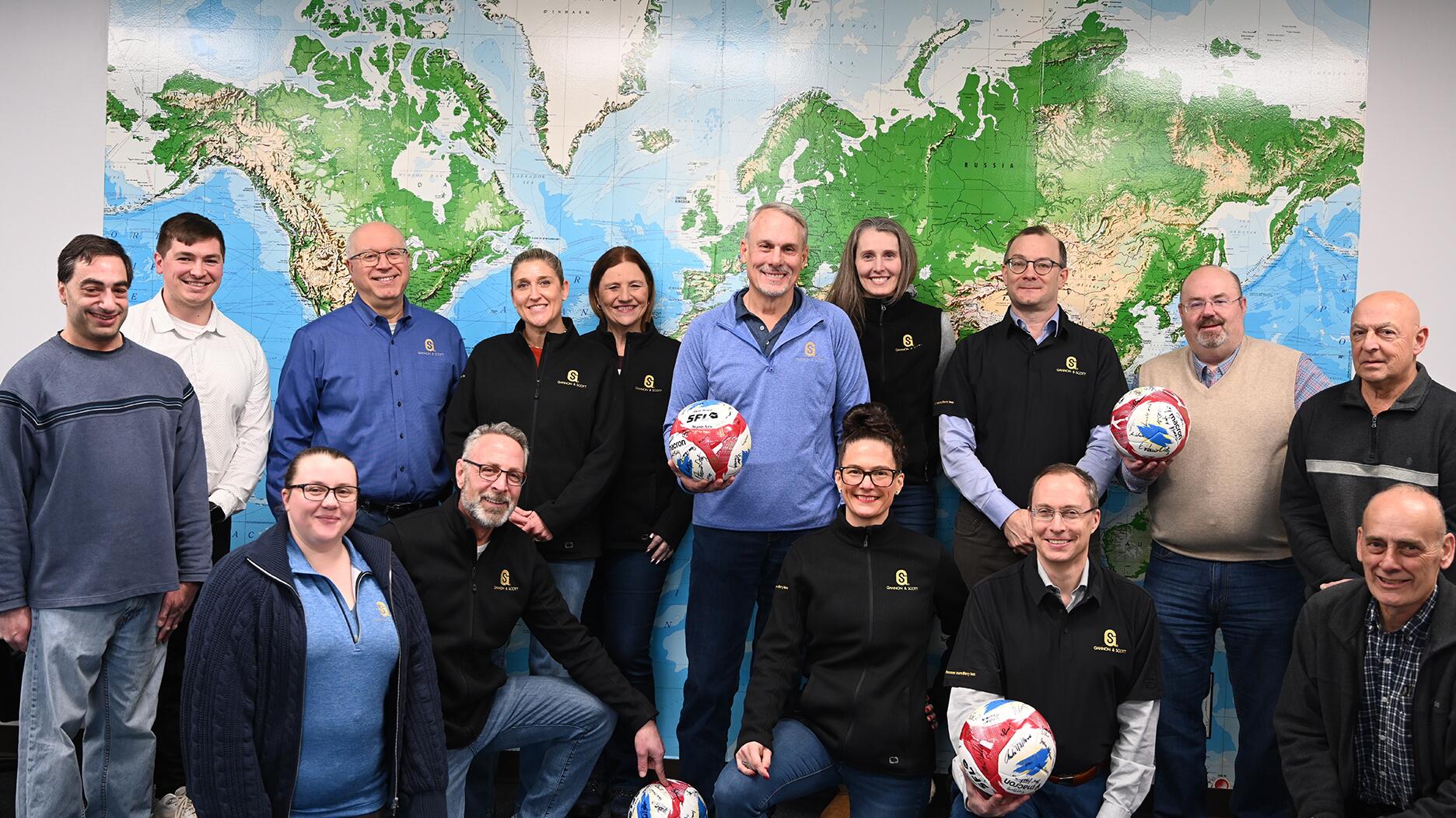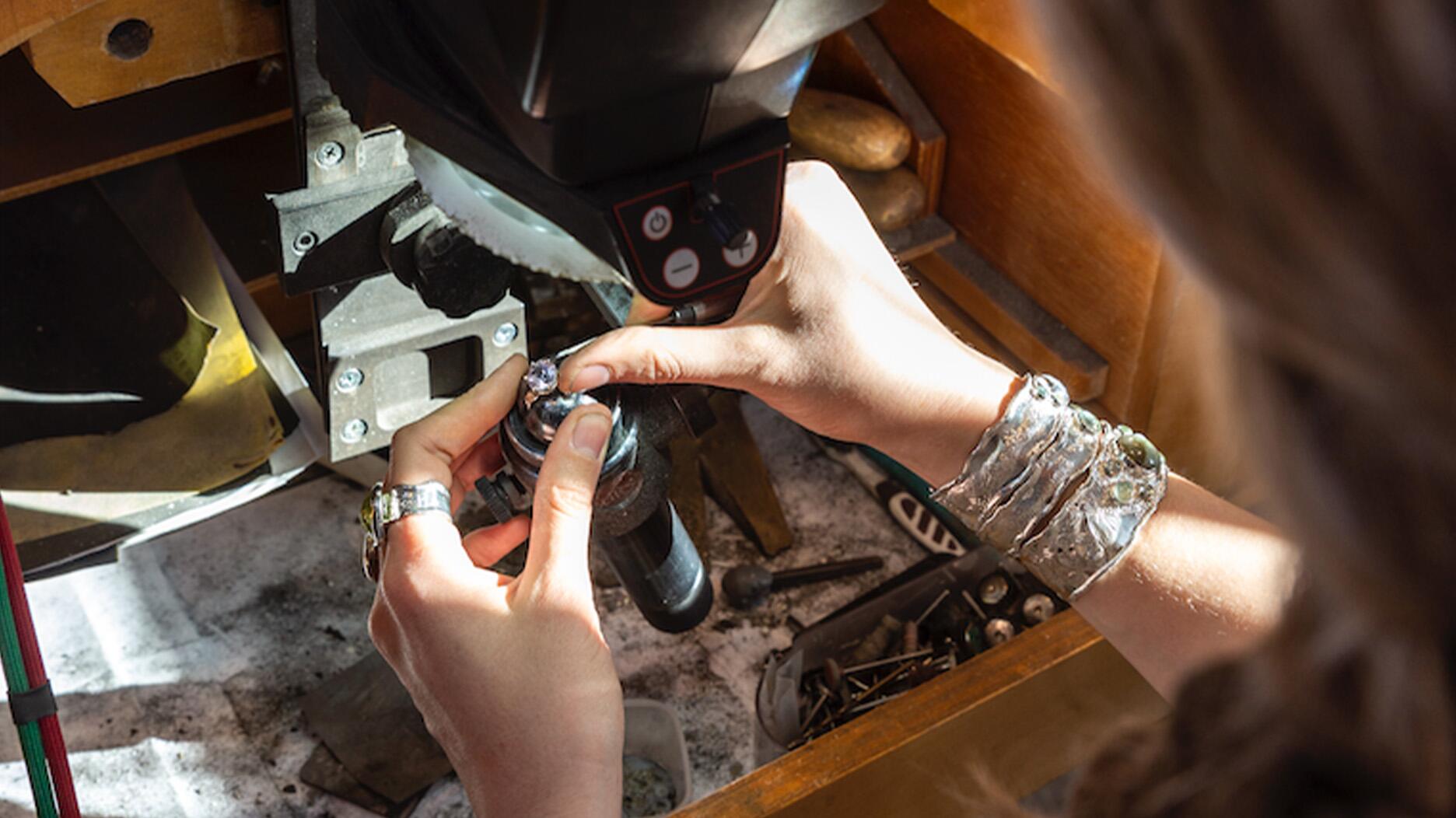Nelson will be honored as the inaugural grant winner at the Gem Awards gala on March 13.
Judge Drops Thousands from Sterling Discrimination Case
Federal judge Jed S. Rakoff ruled that an arbitrator overstepped her bounds in including women who did not opt into the class.
New York--A federal judge ruled last week that the arbitrator in charge of the sex discrimination case against Sterling Jewelers overstepped her bounds in including women who did not opt into the class, and he cut thousands of women from the case.
Arbitrator Kathleen A. Roberts ruled in February 2015 that women could pursue claims of pay and promotion discrimination against the retailer as a class, and certified a class of approximately 70,000 individuals that included all women who had worked for Sterling within a specific range of dates, regardless of whether or not they had said they wanted to be part of the case.
Sterling appealed the decision twice and in July 2017, the U.S. Second Circuit Court of Appeals sided with the retailer, ruling that the issue of whether or not an arbitrator has the power to include people who do not opt into the class had never been “squarely addressed,” and remanded the issue to the U.S. District Court in Manhattan.
On Jan. 16, federal Judge Jed S. Rakoff ruled that the arbitrator does not have this power, writing in his decision, “Arbitrators are not judges. Nowhere in the Federal Arbitration Act does Congress confer upon these private citizens the power to bind individuals and businesses except in so far as the relevant individuals and businesses have bound themselves.”
“The court finds that the arbitrator here had no authority to decide whether the RESOLVE agreement permitted class-action procedures for anyone other than the named parties who chose to present her with that question and those other individuals who chose to opt in to the proceeding before her.”
RESOLVE is the name for Sterling’s internal dispute resolution system; upon hire, all employees agree to settle any workplace disputes in private arbitration, a practice some lawmakers are looking to force companies to change because, they say, it can discourage women who have been discriminated against or sexually harassed from speaking up.
The judge’s ruling cuts the size of the class down from 70,000 to the approximately 250 women who either filed the original arbitration claim under Title VII--which covers claims of promotion discrimination--or were part of the claim before the 2015 class certification that Rakoff just overturned.
There are, however, 10,000 other women who opted into a separate class in 2016 under claims brought under the Equal Pay Act (EPA).
Washington, D.C.-based attorney Joseph Sellers, who represents the women who filed
“At the very least, we think we should proceed to trial on behalf of the claims of more than 9,000 women. We hope the Second Circuit (Court of Appeals) will allow the balance of the women’s claims,” he said, referring to the 60,000 women excluded by Rakoff’s decision.
David Bouffard, the vice president of corporate affairs for Sterling parent company Signet Jewelers Ltd., said the company will be challenging the certification of the EPA class as well.
RELATED CONTENT: EEOC, Signet Reach Settlement in Discrimination CaseThe ruling, and subsequent appeal, is the latest in a convoluted case that has stretched on for nearly a decade and has included numerous rulings and appeals on the issue of allowing the women to pursue their claims as a class even though their case has to be heard in arbitration.
The sex discrimination case against Sterling began back in 2008 when a group of 12 women who used to work at the retailer’s stores accused it of paying women less than men and passing them over for promotions.
Filed as part of that case but not released until this past spring were more 1,000 pages of sworn statements obtained by The Washington Post that went beyond allegations of pay and promotion discrimination, painting a portrait of Sterling in the late ‘90s and early 2000s as a boys’ club where the sexist culture started at the top with now-departed CEO Mark Light.
These claims are not part of the class arbitration, and Sterling has repeatedly disputed them, saying they give a distorted and inaccurate picture of the company’s culture.
The Latest

Experts from India weigh in the politics, policies, and market dynamics for diamantaires to monitor in 2026 and beyond.

These aquamarine jewels channel the calming energy of the March birthstone.

Every jeweler faces the same challenge: helping customers protect what they love. Here’s the solution designed for today’s jewelry business.

The “Innovative Design” category and award will debut in the Spectrum division of this year’s AGTA Spectrum & Cutting Edge Awards.


Diamond jewelry was the star of the event formerly known as the SAG Awards.

Consumers were somewhat less worried about the future, though concerns about rising prices and politics remained.

With refreshed branding, a new website, updated courses, and a pathway for growth, DCA is dedicated to supporting retail staff development.
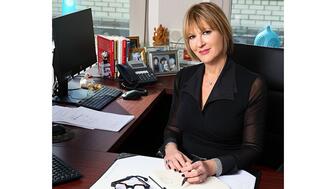
Foerster is this year’s Stanley Schechter Award recipient.

Sponsorships and tickets to the annual fundraising event, set for May 31, are available now.

Chicago police and members of the U.S. Marshals Service tracked down the 35-year-old suspect earlier this week in St. Louis.

Owners of the Ekapa Mine reportedly filed for liquidation about a week after a mudslide trapped five workers who have yet to be found.
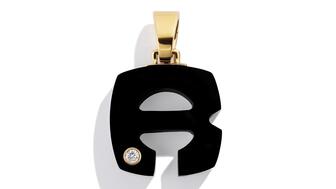
The “Splendente” collection has evolved to feature hardstone letter pendants, including our Piece of the Week, the onyx “R.”
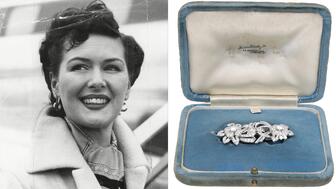
The jewelry collection belonged to “one of society's most glamorous and beautiful women of the mid-20th century,” said the auction house.

The update came as Anglo took its third write-down on the diamond miner and marketer, which lost more than $500 million in 2025.

Emmanuel Raheb discusses the rise of “GEO” and the importance of having well-written, quality content on your website.

Each received around four years for burglarizing a jewelry store and a coffee shop in Simi Valley, California, last May.

Catherine Aulick, a GIA graduate, received the ninth and final Gianmaria Buccellati Foundation Award for Excellence in Jewelry Design.

We asked a jewelry historian, designer, bridal director, and wedding expert what’s trending in engagement rings. Here’s what they said.

Beth Gerstein discusses the vibe of the new store, what customers want when fine jewelry shopping today, and the details of “Date Night.”

Are arm bands poised to make a comeback? Has red-carpet jewelry become boring? Find out on the second episode of the “My Next Question” podcast.
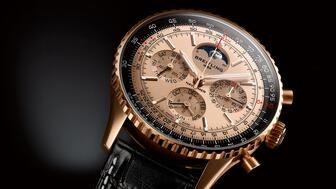
The Swiss watchmaker is battling declining sales amid a rapid retail expansion, according to a Financial Times report.
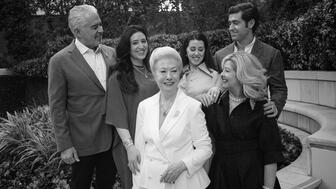
The campaign celebrates Giustina Pavanello Rahaminov, the co-founder’s wife and matriarch of the family-owned brand, for her 88th birthday.

Rachel Bennett, a senior jeweler who has been with Borsheims since 2004, earned the award.

After the Supreme Court struck down the IEEPA tariffs, President Trump imposed a 10 percent tax on almost all imports via a different law.

The industry veteran, who was with The Edge Retail Academy for 14 years, joins her husband at the company he founded in 2022.
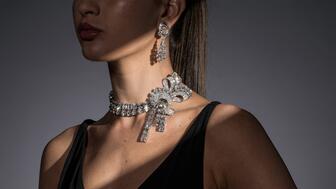
The vintage signed jewelry retailer chose Miami due to growing client demand in the city and the greater Latin American region.










